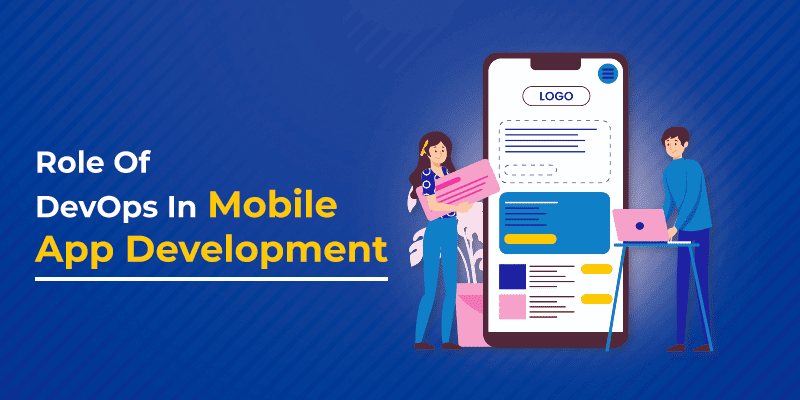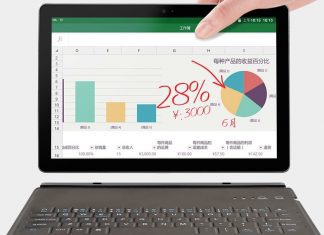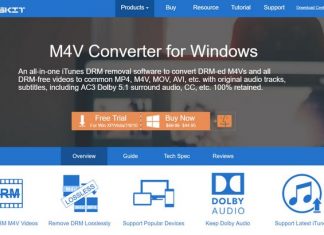DevOps is an advanced technology that makes the development process of an application or software smooth. It is no doubt the best way to connect various teams and make them work towards the same goal on the same platform.
Using DevOps, we can rectify many problems such as manual errors, time-consuming, collaboration, progress tracking, and many more. Many companies have already adopted this latest and advanced technology to make their workspace more efficient and productive.
Also, did you know that DevOps is becoming increasingly popular in mobile app development? If that is not the case, we are here to inform you. Enroll in this DevOps certification course to get a head start in the field.
How Can DevOps Be Used in Mobile App Development?
In the implementation of DevOps in Mobile App Development, you have to know a few elements of DevOps which make the software development process secure and highly efficient.
The following are the elements of DevOps, which are also referred to as 6C’s:
Continuous Planning
Continuous planning is the process of gathering your whole team. As the name implies, you will assemble all of the project’s prerequisites and requirements. All the team members, including the developers, operation team, analysts, and testing team, join together to discuss and plan the software development process. Here they decide the idea of the project, and they will assign the tasks among them.
Continuous Integration
Then they start writing code that is when continuous integration will be helpful. The developers begin writing their codes and the operation teams collaborate with them to maintain that the code has no errors. Using the DevOps platforms, they can know each other’s performance and progress. And this continuous integration helps them to make sure the quality of the code is not compromised.
Continuous Testing
To make sure that the code is error-free and bug-free, testing is essential. This is a process where we find any issues that cause that affect the quality of the software. It is done at an early phase so that we can identify the problems and rectify them immediately before the customer uses them.
Continuous Monitoring
Developers may do additional monitoring and testing using DevOps before releasing an app to the end customer. Continuous monitoring aids in the detection and resolution of issues. Using this, we can monitor the bugs of software and rectify them. Moreover, this process can be done without any manual support. This guarantees that the program runs smoothly and is reliable.
Continuous Delivery
Continuous delivery refers to the technique of delivering each update in small quantities to a manufacturing system in order to assure that code gets delivered to the production server and can be released at any moment. In mobile apps, DevOps ensures that code updates are delivered as soon as they are created. Continuous delivery focuses on building, testing, and releasing to customers quicker and more often in slight variations.
Continuous Deployment
Deployment is a process where the code that passes through the testing phase without any error can directly enter the production system, which means it is directly delivered, resulting in observable changes to the project’s users.
Advantages of using DevOps in Mobile App Development
Here I am going to walk you through some of the reasons why DevOps is being used for Mobile App Development.
- DevOps aids in the development of innovative apps that influence customer satisfaction.
- It assists in maintaining the integrity of the development of an application.
- It helps in the saving of app development duration.
- Due to its automation abilities, DevOps makes it easier to use and solves the issues quickly.
- It helps to eliminate numerous inefficiencies and bottlenecks
- It has the capability to receive real-time information and feedback.
- Using the DevOps, we can make sure that the application is safe and secure
Challenges in using DevOps for Mobile Apps
Even though there are numerous benefits that you can turn on to, there are some obstacles you are going to face, which are as follows.
- Mobile apps can be used in a variety of settings. Usually, mobile apps cater to a variety of devices, operating systems, hardware specs, and other factors.
- Issues with deploying the app to the phone as it requires the permission of the play store and Apple store.
- You can face issues with the testing and continuous monitoring as it needs experienced candidates.
- Security might get compromised sometimes so that you need to be careful twice than before.
- You might also find difficulty in the deployment process.
Conclusion
Hence, considering all the discussion, we can say that using DevOps in Mobile App Development may be considered to be quite beneficial. As DevOps reflects its importance for the construction of effective Mobile Apps, its role is critical for the seamless operation of your flexible app. So, if you want to develop a Mobile App, you must try implementing DevOps in it.











